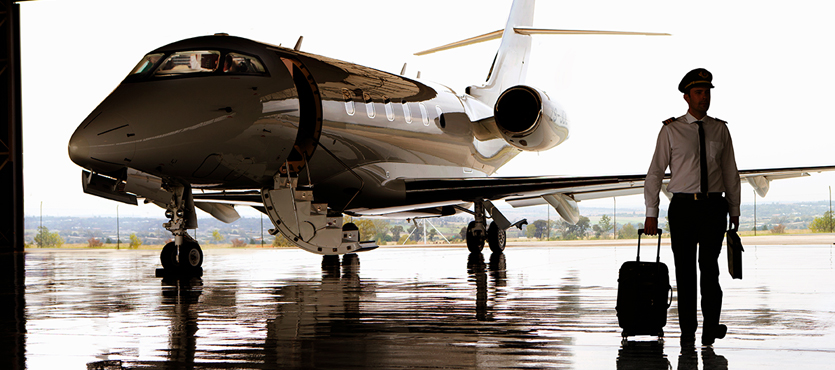Ever thought about becoming a pilot? Many have dreamed at one point or another about taking to the skies, but there is more to becoming a pilot than just learning how to fly. As the pilot, you are responsible for the lives of your crew and passengers as much as your own, so possessing the right qualities and skills is essential to becoming a pilot.
Possessing these characteristics is important as it will ensure you and your crew take off and land safely, as even a minor misjudgment or mistake can be the difference between life and death. Here are some traits and skills every pilot should have by the time they get certified to fly.
Attention To Detail
Whether before or during the flight, it is important to pay attention to all of the details and avoid any mistakes which may lead to complications mid-flight. This can be double-checking your preflight checklists to make sure everything is in order, checking the condition of your aircraft for signs of wear to ensure it performs optimally throughout the flight, and going over your course calculations and navigational devices to make sure everything is up to date and correct.
Having high levels of attention to your aircraft before and after take-off will lead to better and safer flights.
Situational Awareness
In addition to having good attention to detail, situational awareness is another element in ensuring the safety of the aircraft and your crew. Proper situational awareness includes being aware of weather conditions, flight operations, airspace restrictions, and any other exterior elements which may affect the performance of your flight.
Staying aware of your surroundings and what is going on inside and outside of your aircraft can help prevent any accidents or problems which can arise unexpectedly and threaten your safety, such as unexpected hazardous weather conditions.
Clear Communication
Good communication skills are essential in any industry, but especially so for pilots. The reality is the majority of flight incidents occur as a result of incorrect or incomplete communications between pilots and air traffic controllers. So to prevent any accidents from happening, pilots must learn when and how to communicate, giving responses with only appropriate information to air traffic controllers.
Additionally, pilots will have to interact with their crew and passengers, so having great interpersonal skills can provide a smoother experience for everyone onboard.
Decisiveness
In the cases of unexpected hazardous weather, diversions, and forced landings, it is vital that pilots be able to quickly analyze the situation and chart out the best course of action. Keeping a cool head and being decisive can help avoid poor decision-making in stressful situations which could lead to a fatal outcome.
In most situations, there are multiple ways a pilot can respond, so having the ability to remain calm under stress and swiftly determine the best course of action is essential to being a good pilot and ensuring safety throughout the flight.
Teamwork
Part of guaranteeing a cohesive workflow aboard your aircraft and with your crew is having strong team working skills. As a pilot, you will always be working with a team of people around you, whether that be your co-pilot who helps you fly, your crew who tends to other services aboard the aircraft, or the air traffic controllers and flight dispatchers who help guide you along your flight path. Being able to work with others is an essential part of being a pilot and maintaining a safe aircraft.
Learn To B e A Pilot With Airlink Flight School
If you are considering becoming a pilot, then the first step for you to take is to find a flight school that can prepare you to fly. Airlink Flight School can provide you with the requisite experience and training necessary to be successful as a commercial airline pilot. Contact them today to get started on your journey as a pilot.

